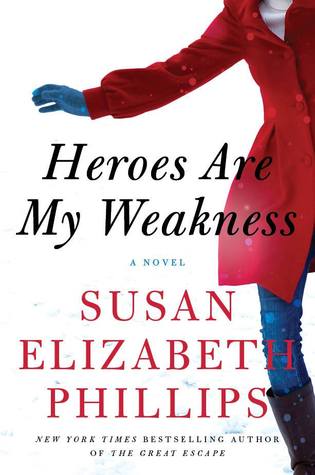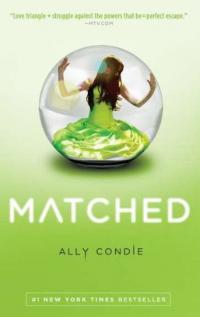 Book Information: Larrson, S. (2008). The Girl with the Dragon Tattoo. New York. Alfred A. Knopf
Book Information: Larrson, S. (2008). The Girl with the Dragon Tattoo. New York. Alfred A. KnopfISBN: 9780307949486
Summary: Mikael Blomkvist is a journalist who is facing conviction from a libel case is hired by one of Sweden's wealthiest, Henrik Vanger. Vanger offers to provide Blomkvist with evidence to take down the man who Blomkvist lost his libel case against if he solves a missing persons case that has remained unsolved for over thirty years. The missing person is Harriet Vanger, Henrik's grand niece. Blomkvist is aided by Lisbeth Salander, a pierced and tattooed computer hacking prodigy. Together they discover that their case is much more corrupt and goes deeper than their one missing girl.
Characteristics of Mystery:
- Plot is driven by the solving of a crime. The detective (main protagonist) and the reader analyze clues and uncover the solution by the end of the book. Throughout the book Blomkvist and Salander examine the missing persons case of Harriet Vanger, who disappeared off of her family island when the bridge was closed temporarily. It's much more difficult to talk about a mystery without giving away spoilers! Let's just say that it gives the reader just enough to follow along and it's almost as if you are there side by side with the characters as you fit the pieces together.
- Focus on the investigator and/or team with secondary characters playing an important role and can be occurring characters in a series. The Girl with the Dragon Tattoo is the first book in a trilogy (I guess there are four books now, but the fourth book was published by a different author since, unfortunately, Mr. Larsson passed away after publishing the third book). The books focus between the perspectives of Blomkvist and Salander.
- Setting/Background details play a crucial role and can vary. The book takes place in Sweden, mostly on Hedeby Island (although other locations in Sweden make appearances in the book) where the Vanger estate resides. The details of the island and the layout of the property are crucial to the results of the case. In a lot of mysteries that I've read they tend to take place in a variety of locations - big major cities as well as small rural areas where there's hardly any technology.
- Mood/tone can vary - sometimes witty and funny, or dark and gritty. There are books, like The Dresden Files that are dark and hilarious, filled with dry and witty humor. In the case of The Girl With the Dragon Tattoo, it is definitely dark and corrupt. Really heavy book that does a fantastic job showing the reader the horrors of assault and abuse of women.
- Broad scope - can take place or revolve around periods in history/culture, various social classes, and various language styles. The author is Swedish, so it's no surprise the book takes place in Sweden. Since the case is so old, there is a lot of detail about life on Hedeby Island in 1966. However, a mystery can take place anywhere because in real life, crime can be committed anywhere. There is a lot of flexibility with this genre.
- Pacing is compelling and always moving. Larsson gets the reader hooked into the book through Lisbeth Salander. We can sympathize with Blomkvist a bit, however, there's not a lot of reader buy-in for wanting to solve the case until Salander gets involved. It kept the pace ebbing and flowing at a good pace, slowing down when needed, but it was hard to put the book down. It's not a quick, overnight read because it's a thicker book, but I also really wanted to digest everything that was happening as a reader.
Read-A-Likes:
The Girl Who Played with Fire by Steig Larsson (because after that, I want to read the next one).
Accused by Lisa Scottoline
Alias Grace by Margaret Atwood
Snow Angels by James Thompson
Devil in the White City by Erik Larson

